Tour de France: has Britain become a nation of cyclists?
Millions turned out to watch the opening stages of the race in England, but cyclists still lack acceptance
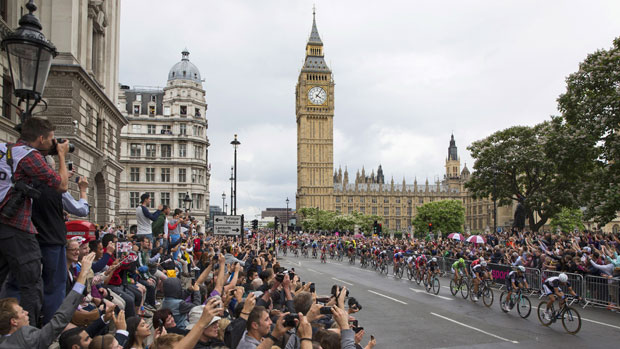
A free daily email with the biggest news stories of the day – and the best features from TheWeek.com
You are now subscribed
Your newsletter sign-up was successful
After the "grandest" of Grand Departs through Yorkshire and south to London, the Tour de France has now returned home to the Continent, but the impact of the race on this side of the Channel will not quickly be forgotten.
As many as five million people are said to have watched the race over the two stages in Yorkshire, while the third instalment from Cambridge to London yesterday attracted bigger crowds in the capital than the 2012 Olympic road race.
"The British public have demonstrated their huge passion for cycling over the last three days and we'd love to see the Tour back in Britain," said race director Christian Prudhomme, and there is talk of starting the race in Edinburgh in the next few years.
The Week
Escape your echo chamber. Get the facts behind the news, plus analysis from multiple perspectives.

Sign up for The Week's Free Newsletters
From our morning news briefing to a weekly Good News Newsletter, get the best of The Week delivered directly to your inbox.
From our morning news briefing to a weekly Good News Newsletter, get the best of The Week delivered directly to your inbox.
The absence of Mark Cavendish, injured on day one, and Bradley Wiggins, left out of the Sky team, did not deter the spectators, who saw German Marcel Kittel win the third stage in The Mall.
The popularity of the Tour is "terrific news", writes Jonathan Liew in the Daily Telegraph. "Especially for those who remember a time not so long ago when cycling was unloved, derided as something eccentrics and Liberal Democrats did."
It's very different today. "On this evidence, there is a rampant thirst for British cycling on the roadsides of this country. Team Sky replica jerseys were legion; the hills were alive with the sound of Froomey."
But it was not just the die-hards who turned out. The number of non-cyclists who bought into the event was a real plus, says Pete Muir, editor of Cyclist magazine. The route in Yorkshire was lined with "families and group of friends who just wanted to be part of something special," he told The Week. "If the excitement of the Tour spectacle has encouraged even a fraction of them to pull their old bikes out of the shed and start pedalling, then it has all been worth it. The more people who cycle, the more attitudes in Britain will change towards cyclists."
A free daily email with the biggest news stories of the day – and the best features from TheWeek.com
Change does seem to be in the air. Writing in The Guardian, Sean Ingle notes that London, like Yorkshire, was "smitten" by the Tour, which generated "a gasp of excitement, a vibrant cheer, and sustained awe," among the spectators.
But he adds: "Those in their Sunday best lycra can only hope that the love shown to cyclists on Monday will one day last 365 days a year. Those who organise road races in the UK know that attitudes to cycling are still far behind much of Europe."
Things are improving, says Glenn Moore in The Independent. "There was a time when cyclists who dared race on English roads did it in disguise, not lycra... Now the countryside is ablaze on weekend mornings with the florid faces and day-glo colouring of Mamils."
However, he does not agree with Sky principle Dave Brailsford’s assertion that Britain is now the world's "number one cycling nation". It will take time for road users to "co-exist peacefully", but "days like these will accelerate the process", he says.
In the meantime Britain can relax in the knowledge that it is "a nation of great sports watchers".
-
 Tourangelle-style pork with prunes recipe
Tourangelle-style pork with prunes recipeThe Week Recommends This traditional, rustic dish is a French classic
-
 The Epstein files: glimpses of a deeply disturbing world
The Epstein files: glimpses of a deeply disturbing worldIn the Spotlight Trove of released documents paint a picture of depravity and privilege in which men hold the cards, and women are powerless or peripheral
-
 Jeff Bezos: cutting the legs off The Washington Post
Jeff Bezos: cutting the legs off The Washington PostIn the Spotlight A stalwart of American journalism is a shadow of itself after swingeing cuts by its billionaire owner
-
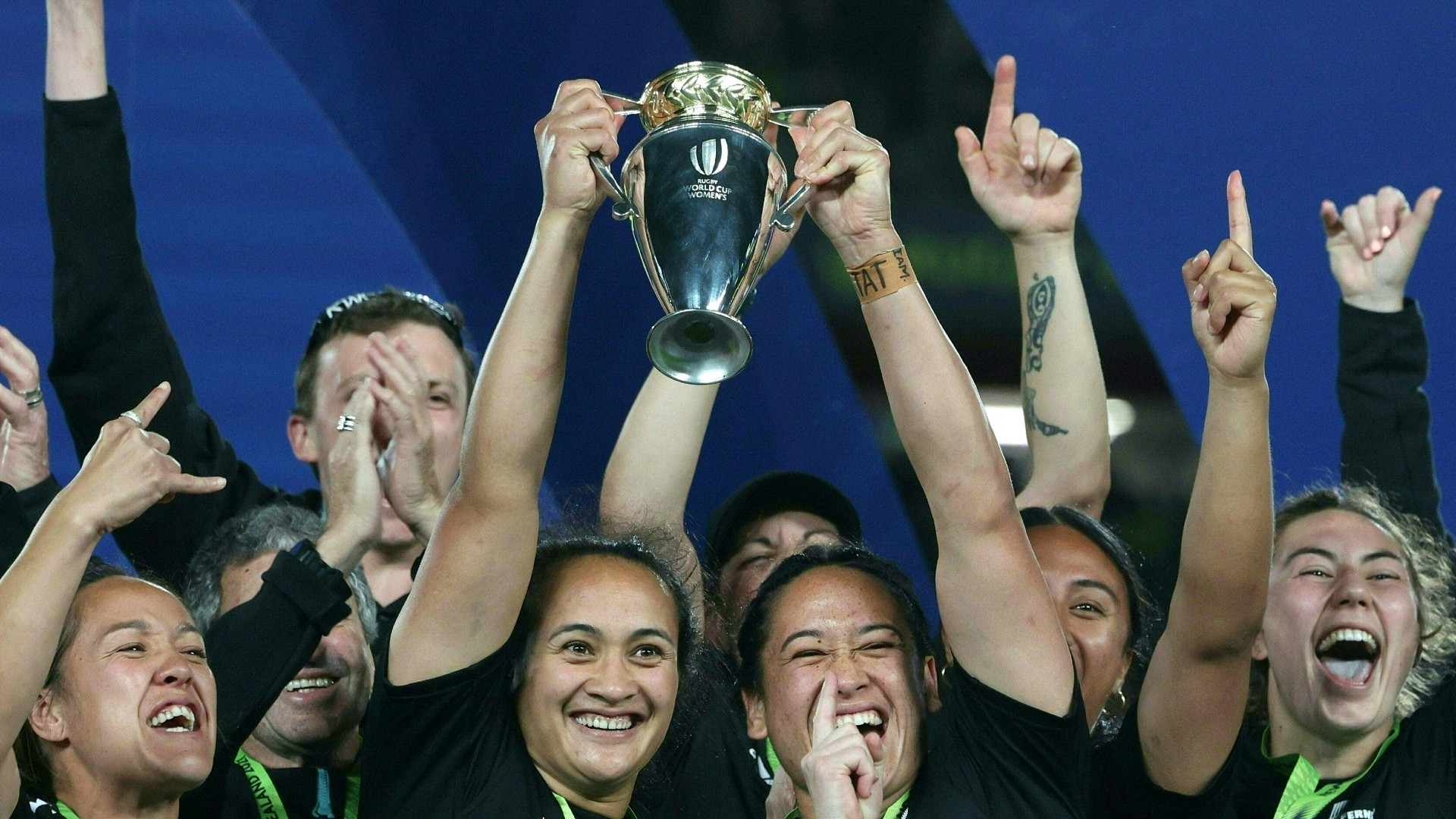 The biggest sporting events of 2025
The biggest sporting events of 2025The Explainer Women's Rugby World Cup and African Cup of Nations are among sporting highlights this coming year
-
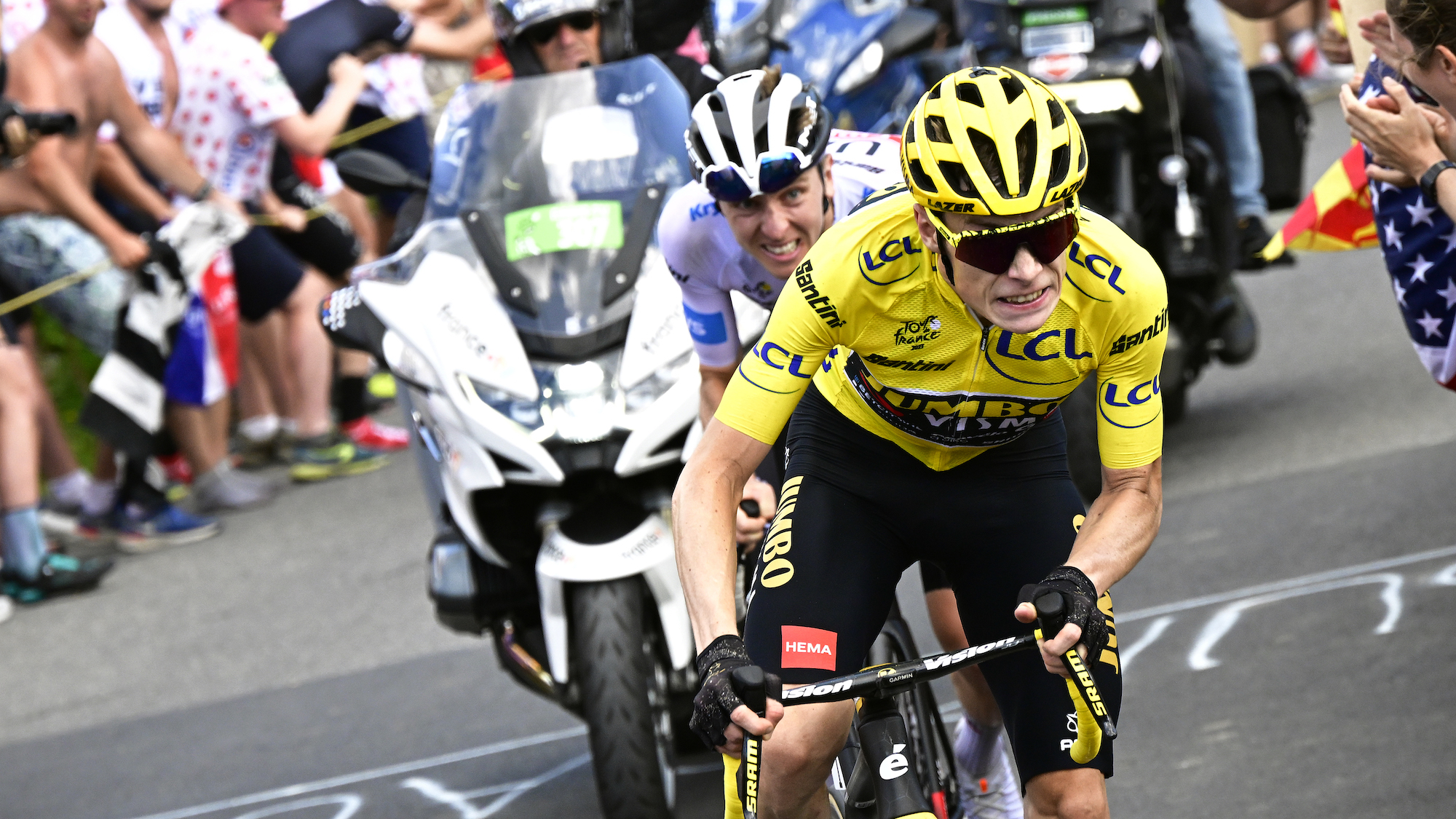 Tour de France: a return to the glory days?
Tour de France: a return to the glory days?A stellar line-up of contenders looks set to provide a vintage race
-
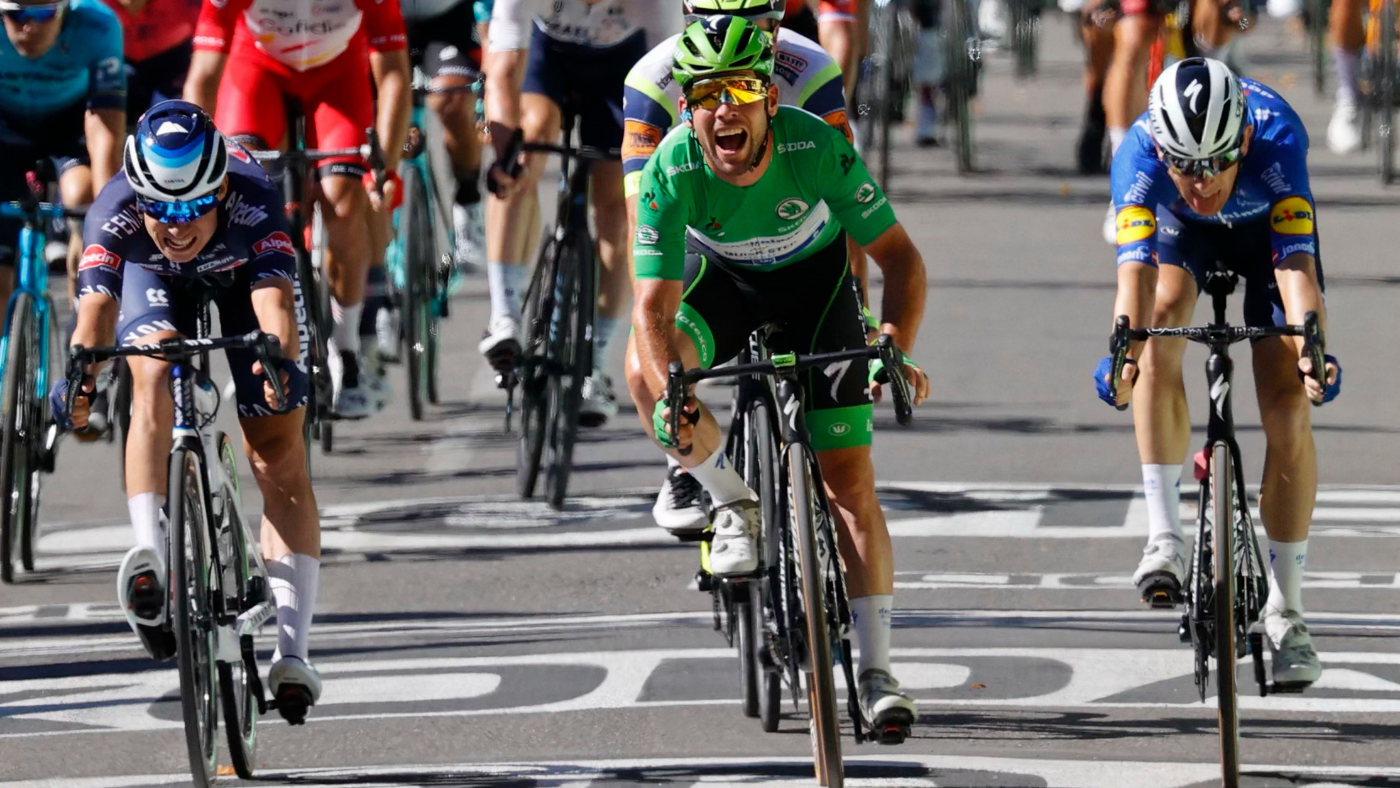 Mark Cavendish: cycling’s greatest sprinter of all time
Mark Cavendish: cycling’s greatest sprinter of all timeIn the Spotlight Crashes, illness and injury couldn’t stop the ‘Manx Missile’ as he equalled Eddy Merckx’s all-time record at the Tour de France
-
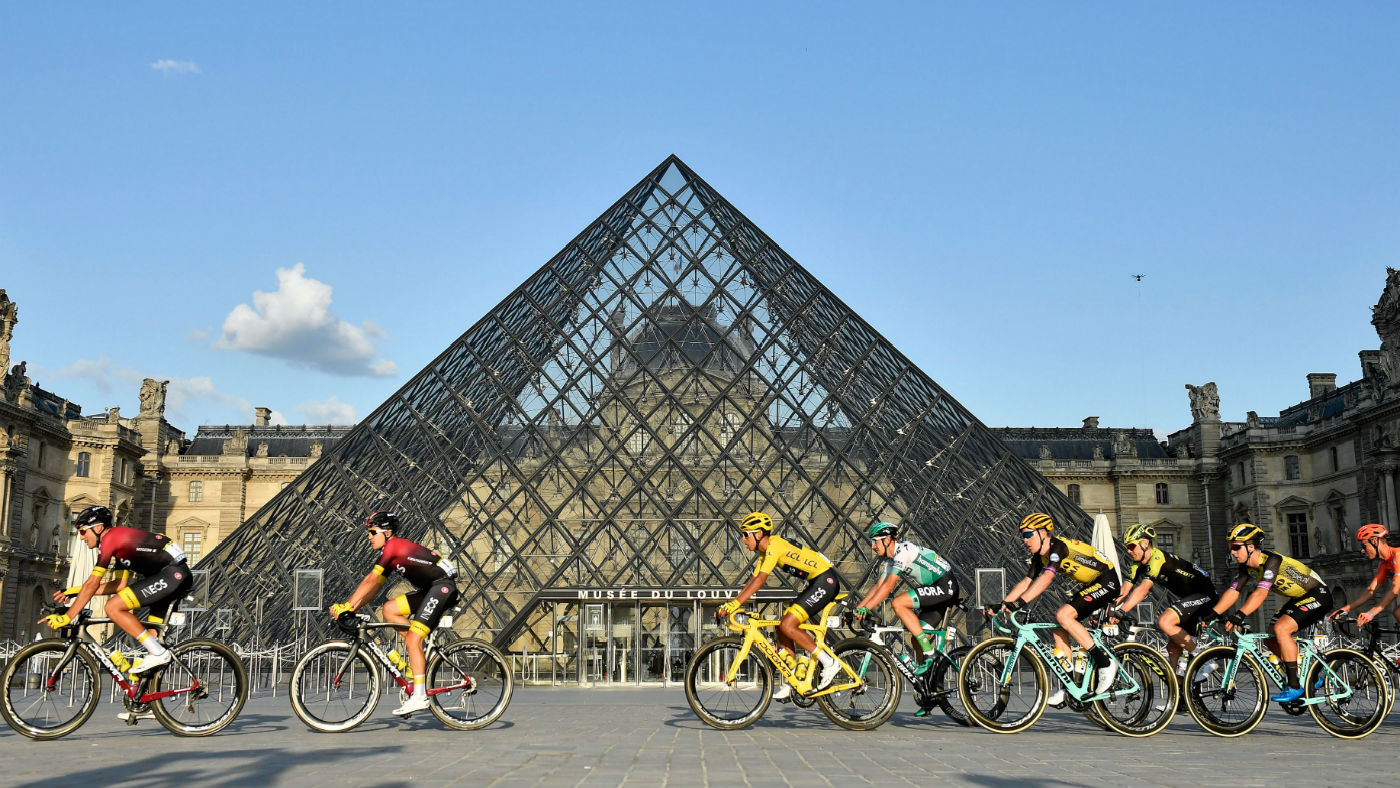 Tour de France postponed: organisers confirm 29 August start
Tour de France postponed: organisers confirm 29 August startSpeed Read New dates have been announced for cycling’s premier event
-
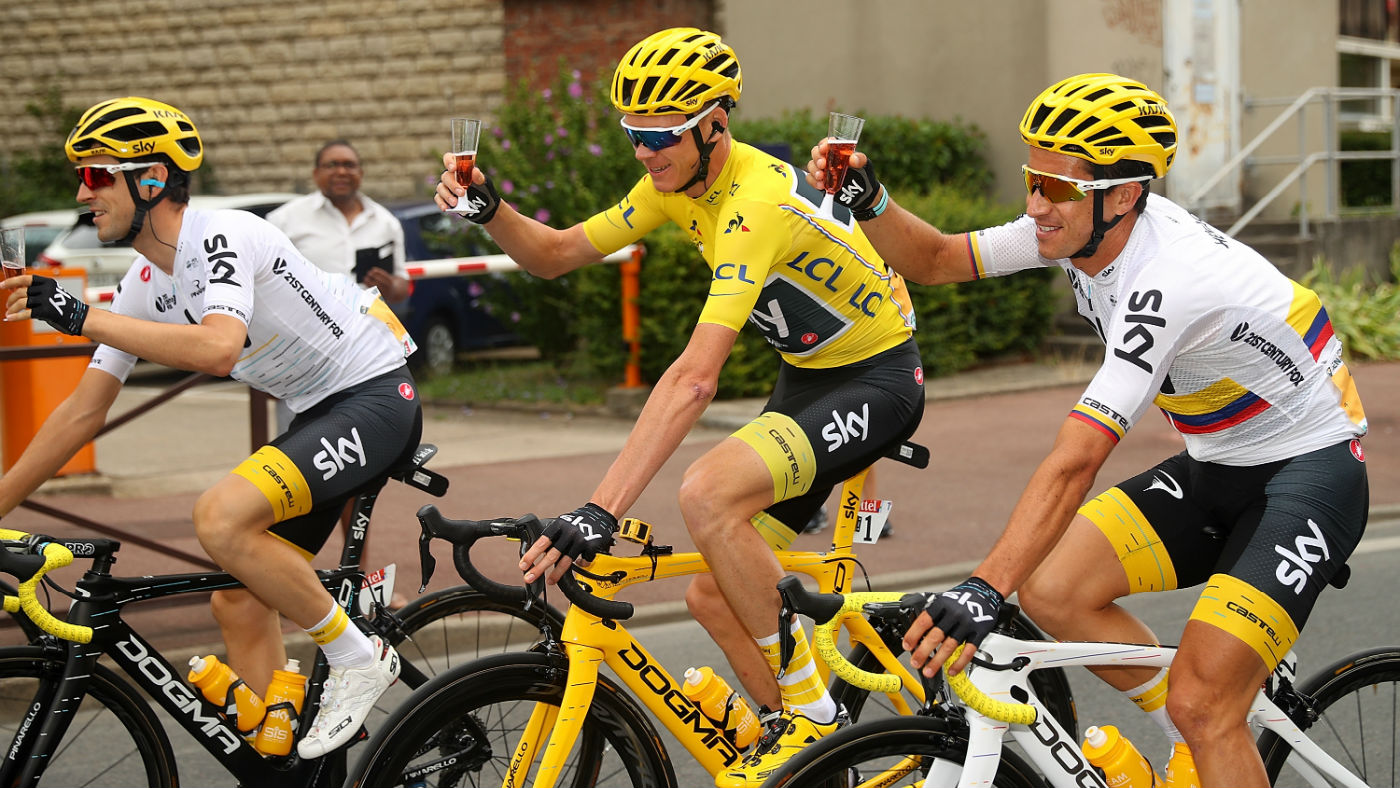 The Decathlon: cyclist Chris Froome ‘not in great shape’ after high-speed crash
The Decathlon: cyclist Chris Froome ‘not in great shape’ after high-speed crashDaily Briefing Ten things from the world of sport on Thursday 13 June
-
 Today’s back pages: Man Utd tell Real Madrid to pay £150m for Paul Pogba
Today’s back pages: Man Utd tell Real Madrid to pay £150m for Paul PogbaSpeed Read A round up of the sport headlines from UK newspapers on 13 June
-
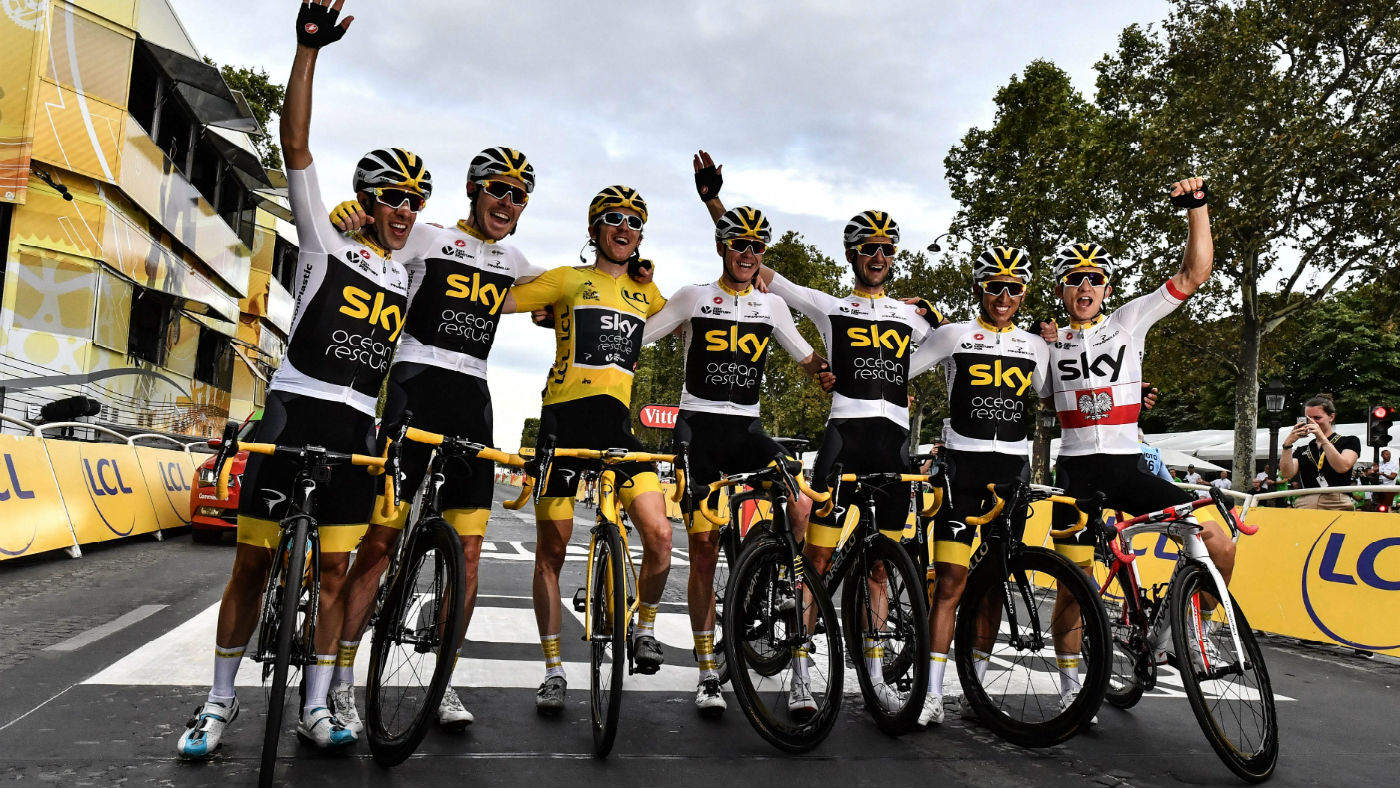 Sky to end Team Sky backing in 2019: success, scandal and the end of a cycling era
Sky to end Team Sky backing in 2019: success, scandal and the end of a cycling eraIn Depth Since launching in 2010, the cycling powerhouse has scored 322 all-time wins including six Tour de France victories
-
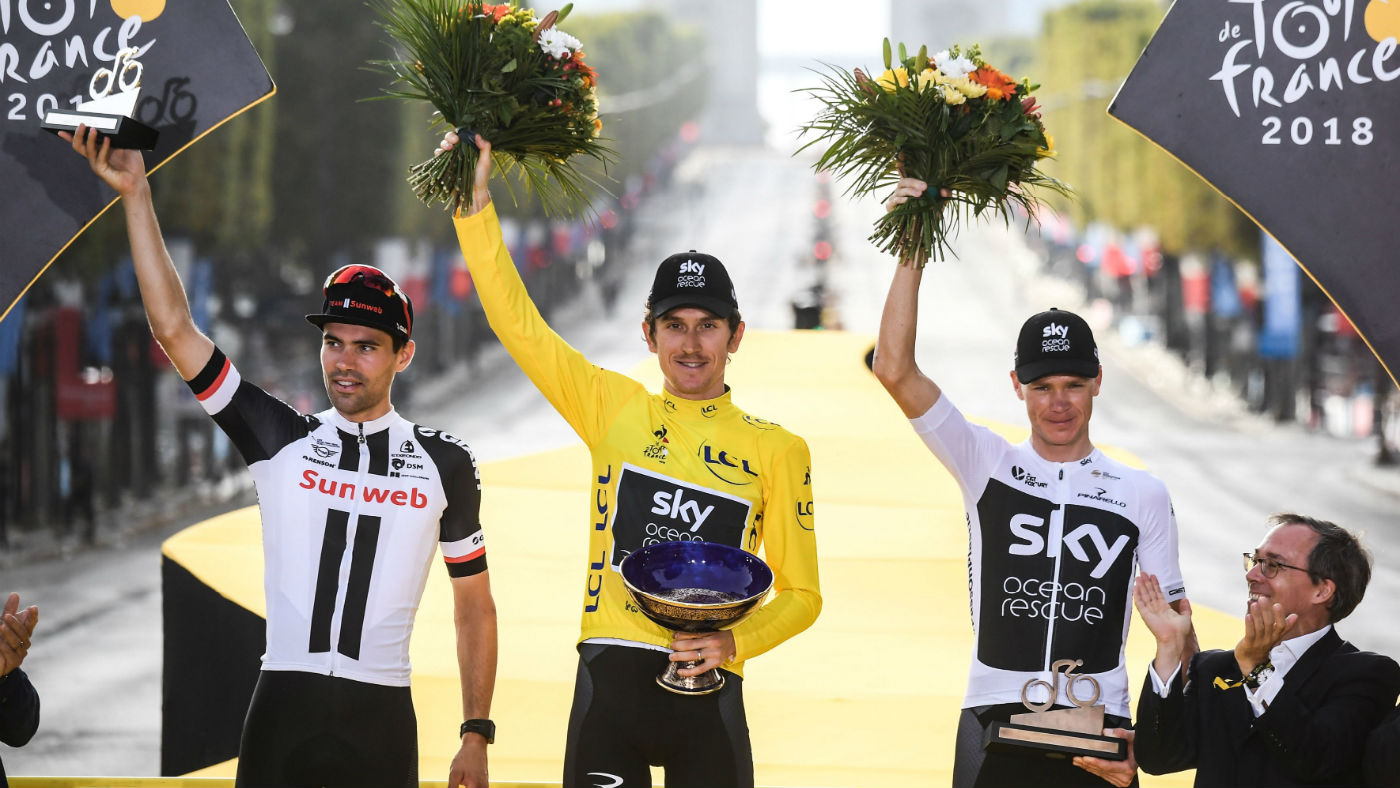 Geraint Thomas’s Tour de France trophy stolen in Birmingham
Geraint Thomas’s Tour de France trophy stolen in BirminghamSpeed Read Team Sky confirm theft of the trophy the Welsh cycling star won in July